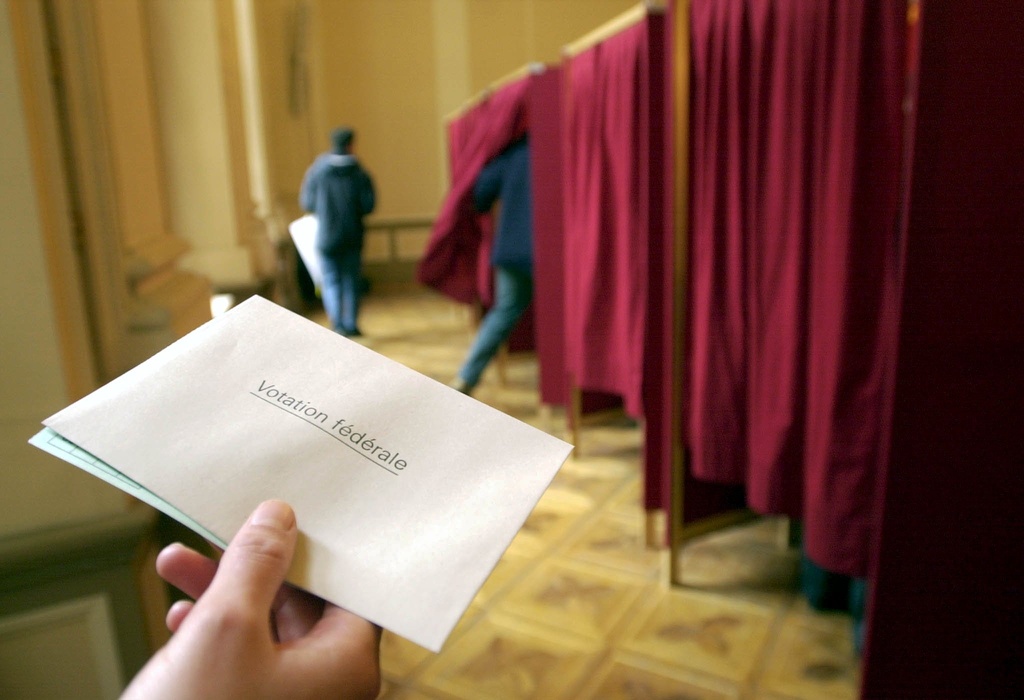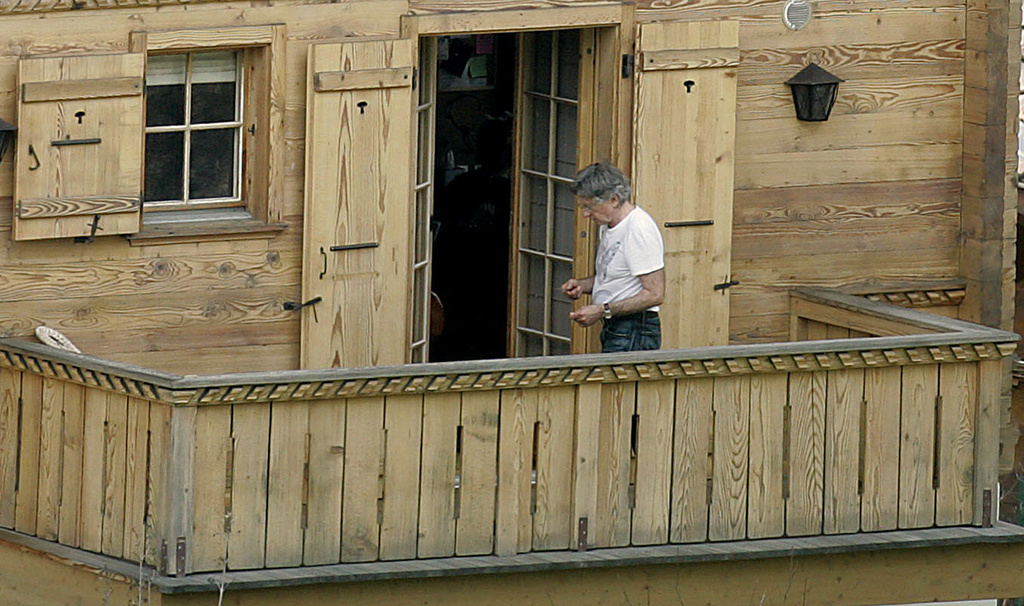Swiss not as democratic as they think

Switzerland may be famed for its direct democracy but in a new democracy survey of 30 countries it has only managed 14th place.
The Democracy Barometer, co-authored by researchers at Zurich University and unveiled on Thursday, found that Denmark, Finland and Belgium had the world’s best functioning democracies. Britain and France were among the worst performers.
The barometer, developed with the Social Science Research Center Berlin (WZB) and the first of its kind, shows the development of the 30 top democracies around the world over the period 1995-2005.
It uses 100 empirical indicators to measure how well a country complies with the three democratic principles of freedom, quality and control, as well as the nine basic functions of democracy such as rule of law, transparency and participation.
“I’m in fact not very surprised by Switzerland’s ranking,” Marc Bühlmann, from Zurich University and project co-leader, told swissinfo.ch.
Switzerland performed well in terms of individual liberties and governmental capacity, he said. But it had low transparency because there are no party financing rules or freedom of information laws.
Taking part
“The most interesting is the participation function because we have so many opportunities for participation but there is a bias – it’s rather educated people with high income, men rather than women, older people rather than younger people,” Bühlmann explained.
“This bias in participation is at the cost of the quality of participation because we think that an equal democracy should take into consideration all sides, all different preferences of citizens and in Switzerland this is not the case.”
Those who don’t take part in political processes don’t feel well informed enough, so political education, starting in schools, is needed, added Bühlmann.
Wolfgang Merkel, the other project leader from the WZB, said that Switzerland had long been admired for its direct democracy. This takes the form of people voting in referendums and people’s initiatives, such as the initiative in February on whether to ban army-issue guns at home.
“But the referendum alone does not make a brilliant democracy,” pointed out the professor. “Switzerland is a good democracy but it’s not at the top if we consider all these 100 indicators.”
Scandinavia top…
Four out of five top spots were taken by Scandinavians. However, even the researchers were surprised by Belgium (number three), which is currently in a state of political impasse and language divide.
Merkel said that Belgium’s democratic strengths outweighed its problems – it does not, for example, exclude people from taking part in politics as much as does Switzerland.
Down at the bottom of the barometer were Poland, South Africa and Costa Rica. But some large western European nations – two of which are Switzerland’s neighbours – also fared poorly: Italy (22), Britain (26), and France (27).
France, for instance, fell down on religious freedom and Italy on press freedom. Germany, another neighbour, did better than Switzerland (11th place) because more people turned out for elections and participation was less selective.
… Britain flop
Britain had weaknesses in individual rights and in representation of the people’s interests and the electoral results, Merkel said.
“If a party gains with 45 per cent of the votes more than 60 per cent of the seats, this is a disproportionateness in representation which is quite problematic because it violates the principle of one person one vote,” Merkel told swissinfo.ch.
However, being ranked low does not mean that Britain has a disastrous democracy. “There are weaknesses that we are used to overlooking and this instrument helps us challenge our attitudes,” said Merkel.
The United States, was as expected in mid-field (10), but democracy had seen a slight dip after the 9/11 attacks, the researchers found. Silvio Berlusconi’s Italy also saw a decline.
Predictions about the future were not possible, the political scientists said – 2005 is the cut-off date for the moment because of data availability.
But the political scientists said there was no evidence of a current crisis of democracy.
“If you look at newspapers or media you sometimes have the feeling that democracy is going down and confidence is low,” Bühlmann said.
“But we found that even the top democracies perform even better year after year, of course not all, but most have a positive development in the quality of democracy.”
The Democracy Barometer was launched in Zurich on January 27. It covers the 30 best democracies in the world – the definition has been taken from other democracy studies.
It aims to overcome the conceptual and methodological shortcomings of existing measures to measure the subtle differences in the quality of established democracies. It also aims to show the development of democratisation over time.
The data stops at 2005 at present but Marc Bühlmann says that data will soon be added up to 2007. There will always be a 2-3 year gap, he explained, because the barometer is based on several indicators where there is a time gap.
1. Denmark
2. Finland
3. Belgium
10. United States
11. Germany
14. Switzerland
22. Italy
26. Britain
27. France
28. Poland
29. South Africa
30. Costa Rica

In compliance with the JTI standards
More: SWI swissinfo.ch certified by the Journalism Trust Initiative














You can find an overview of ongoing debates with our journalists here . Please join us!
If you want to start a conversation about a topic raised in this article or want to report factual errors, email us at english@swissinfo.ch.